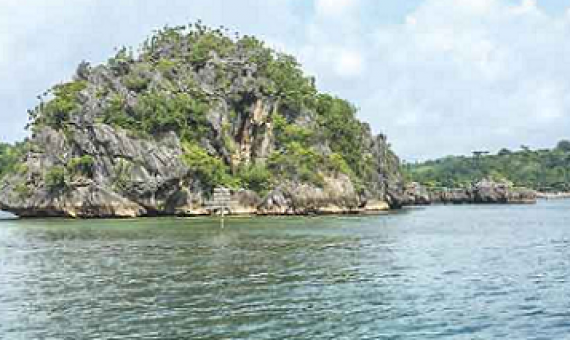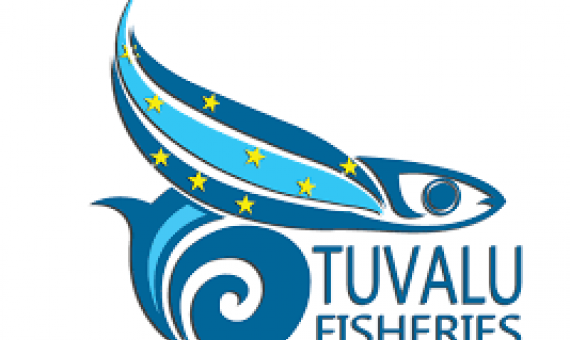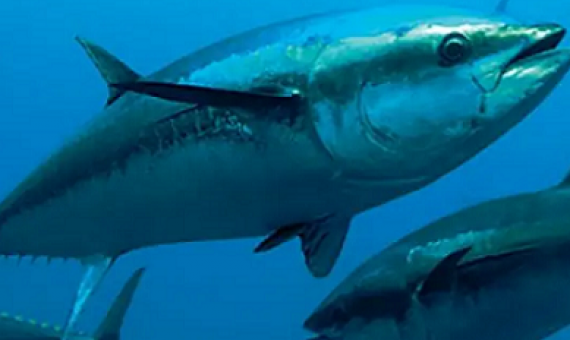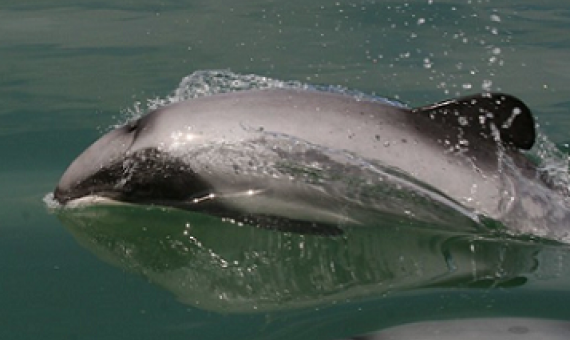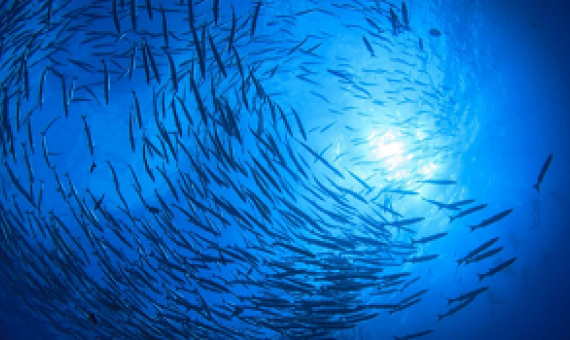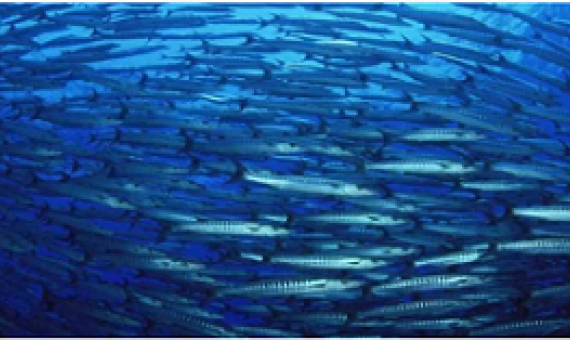Tropical tuna are one of the few wild animals we still hunt in large numbers, but finding them in the vast Pacific ocean can be tremendously difficult...fishers have long known that tuna are attracted to, and will aggregate around, floating objects such as logs.
A new study, published in Fisheries Research, reveals that the sheer amount of tuna being taken from our seas, including some species considered "vulnerable," has increased by an astonishing 1,000% in the last 60 years — a rate that some scientists are saying is unsustainable.
Manihiki has banned the transportation of reef fish to Rarotonga for sale.The ban has angered a fish merchant at Punanga Nui market who is threatening to challenge the decision in court...Manihiki mayor Ngamata Tangi Napara, with the support of the island’s council, set in place the ban last week
The effective management of marine protected areas (MPA) in coastal communities across the Philippines would help achieve sustainable fishing that could ensure the livelihood of small fisherfolk, as well as food security, an expert said.
The Tuvalu Fisheries Department has received financing from the World Bank toward the cost of the Tuvalu PROP, and intends to apply part of the proceeds for consulting services.
Media personnel in Papua New Guinea now have a better understanding of the significance and value of tuna fisheries after three days of a fisheries-related media workshop...The workshop was an initiative between the Pacific Islands Forum Fisheries Agency (FFA), under the Pacific European Union Ma
A series of full page advertisements in the Dominion Post by Seafood NZ is suggestive of an industry throwing its weight and money behind a ‘lip service’ campaign to reassure the public of a sustainable industry.
High-seas fish biodiversity is slipping through the governance net
States at the United Nations have begun negotiating a new treaty to strengthen the legal regime for marine biodiversity in areas beyond national jurisdiction. Failure to ensure the full scope of fish biodiversity is covered could result in thousands of species continuing to slip through the cracks of a fragmented global ocean governance framework.
A low-cost satellite revolution is paving the way for real-time monitoring of fishing vessels using synthetic-aperture radar (SAR). SAR allows researchers to monitor ‘dark vessels’ that aren’t transmitting Automatic Identification Signals (AIS) location data.
Australia’s peak fishing groups are embarking on a $5 million program of activity that supports Australia’s Marine Parks networks and promotes sustainable fishing.

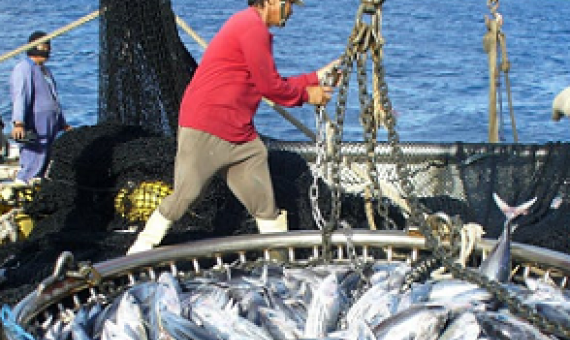
![A new study finds that tuna harvests, including of some species considered "vulnerable," have increased by an astonishing 1,000% in the last 60 years — a rate that some scientists warn is unsustainable. [NiCK / Getty Images]](/sites/default/files/styles/news_teaser/public/TUNAoverharvest.png?itok=crdL4iA0)

